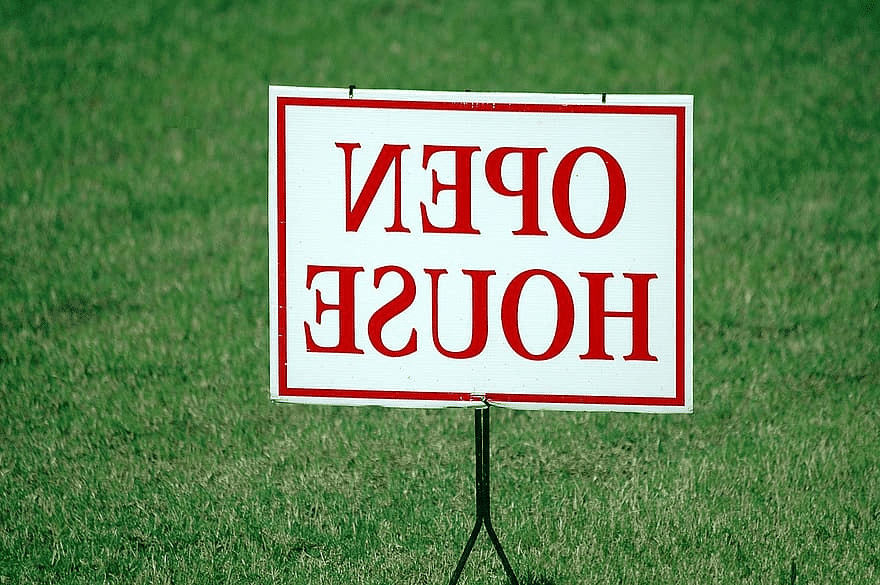Whenever you sell a capital asset such as stocks, real estate, or more, the profit you generate is what we refer to as Capital Gain .Long term capital gain, as the name suggests, is the profit you get after selling capital assets you held on to for a long time (over 24 months).
This gain can be from any capital asset, be it a small apartment or luxury real estate. The value of property has increased significantly by over 51% from 2000, and it is expected to continue growing. Selling your house on this market has a good chance of generating a profit.
The capital gain you get today from the sale of property you bought in the year 2000 will be categorized as a long-term capital gain (LTCG). Here, we’ll discuss the intricacies involved in the capital gains you can enjoy and the tax implications of said gain.
Calculating Long-Term Capital Gain
Calculating LTCG from sale of normal and luxury real estate involves detailed information about the following key terms:
- Present value/sale price: This is the current market value of your property. Real estate companies near you can usually help you determine this with ease.
- Purchase cost: This is the price you had to pay when purchasing the property. This doesn’t include taxes. Purchase cost calculation may be different for military, law enforcement officers, fire fighters, or veterans. This doesn’t include extra home ownership expenses, either.
- Expenses on transfer: These are the expenses incurred by you for the transfer of property deed. This may include:
- Brokerage expenses
- Advertisement expenses
- Registration fees
- Legal expenses, etc.
- Cost of improvement: This includes the cost of any MATERIAL improvement made in the house. Remember, maintenance doesn’t count. We’ve discussed the definition of improvements below.
- Inflation index: This index shows you how much of your profit is actually profit and how much of it is a result of inflation.
Once done, the following formula can help you determine the profit on sale.
| Present value/sale price | $500,000 | |
| (-) | Acquisition cost | $250,000 |
| (-) | Indexed capital improvement cost | $3,000 |
| = | Long Term Capital Gains | $247,000 |
It is important to mention here that while the formula is as simple as “current price – purchase price – improvements”, the improvements can get a bit tricky. Not every expense you incur will be qualified as an improvement, especially in terms of tax.
According to the IRS, an improvement for tax purposes is any home improvement work done that substantially increases the home’s useful life or changes (or increases) the purpose of said home. To consider any change for long term capital gains in terms of home improvement, it is important that it satisfies the above definition.
Tax Implications on Long-Term Capital Gains
Whenever you sell real estate held for more than 2 years, you have to pay long-term capital gains tax. The rates are based on a slab mentioned in IRS Topic 409 and depend on whether you’re single, married and filing jointly, head of household, or married and filing separately. For short-term capital gains, the slab is relatively simple; the profit from sale is considered ordinary income and therefore taxed accordingly.
As for long-term capital gains, in 2020 the maximum applicable rate is 15% for most individuals. If, however, the net income after sale of capital assets (throughout the year) is less than $78,750, you won’t be subjected to a tax.
- If you are single and capital gains are more than $78,750 and less than $434,550, the applicable tax rates will be 15%
- If you are married filing jointly with your spouse or are a widow or widower, the upper limit of the 15% slab extends to $488,850
- If you are the head of household, the upper limit is $461,700
- If you are married and filing separately, the upper limit is $244,425.
If your taxable amount exceeds the figures mentioned above, a net capital gain tax rate of 20% applies. There are several exceptions where tax rates can get higher, but those are for businesses.
You can also offset gains with any capital loss you incurred on sale of another capital asset. The tax you’ll have to pay will be on the offset amount. Remember, if you are managing real estate as inventory, the profit won’t be capital gain for you but income and will be taxed accordingly.
You can actually avoid having to pay any tax at all as well if you’re selling your home. If you owned the property but you or your spouse didn’t live in it for 2 years over the previous 5 years, you can claim this exemption every 2 years.
This is particularly helpful for military personnel who have to travel because of their jobs.
Home ownership can be particularly tricky – even more so when selling. The Vegas Group can help you understand everything you need to know about selling your house and help you find the right buyers in Nevada – along with helping you find a new home. If that seems like something you are interested in, let us know! Get in touch and let’s find you a good deal.
Disclaimer: There are numerous factors to consider in every investment, including real estate. The information provided above is just a matter of opinion and can change with time. It shouldn’t be construed as legal or tax advice; neither does the report constitute a financial promotion or investment advice. It is general information and before making any such decision, you should seek out licensed professionals and see all ends clearly.




